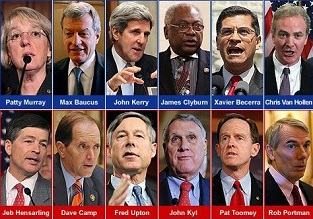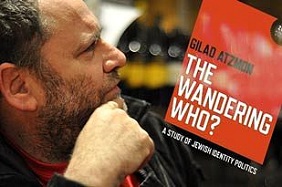Shahram Vahdany
The magical and yet extremely subtle gift that Gilad Atzmon offers through his personal journeys in The Wandering Who? is the wisdom of disillusionment; the gift of not floating above water, but having to take an insightful dive into a shrouded underworld of appearances and disappearances.
The Wandering Who? -Intelligent, bold, unapologetic.
At a certain stage, around 2005, I thought to myself that I might be King of the Jews. I have achieved the unachievable, accomplished the impossible. I have managed to unite them all: Right, Left, and Centre. The entirety of the primarily-Jewish British political groups: the Zionists, the anti-Zionists, Jewish Socialists, Tribal Marxists, The Board of Deputies, Jewish Trotskyites, Jews for this and Jews for that, for the first time in history all spoke in one single voice. They all hated Gilad Atzmon equally.
Gilad begins his book, The Wandering Who? with a brief story of his childhood and the tremendous influence of his grandfather on his adolescence. He writes “my grandfather was a charismatic, poetic, veteran zionist terrorist. A former prominent commander in the right-wing Irgun terrorist organization …” He writes about his attraction to jazz, his enlistment in the IDF (Israel Defense Force), and finally being sent to the first Lebanon war. He writes of his experience in Lebanon saying:
I studied the detainees. The looked very different to the Palestinians in Jerusalem. The ones I saw in Ansar were angry. They were not defeated, they were freedom fighters and they were numerous. As we continued past the barbed wire I continued gazing at the inmates, and arrived at an unbearable truth: I was walking on the other side, in Israeli military uniform. The place was a concentration camp. The inmates were the ‘Jews’, and I was nothing but a ‘Nazi’. It took me years to admit to myself that even the binary opposition Jew/Nazi was in itself as result of my Judeo-centric indoctrination.
This becomes the focal point of the transformation in Gilad’s young character. He writes “This was enough for me. I realized that my affair with the Israeli state and with Zionism was over.” In The Wandering Who?, Gilad divides Jews into three main categories: (1), those who follow Judaism; (2), those who regard themselves as human beings who happen to be of Jewish origin; and (3), those who put their Jewishness over and above all of their other traits. He regards the first two categories as harmless and innocent groups of people. Gilad is not so kind to the third category, however. This group is the primary focus in his book. He goes beyond the what to the how and why. Like a forensic scientist, he dissects them piece by piece historically, economically, philosophically, psychologically, and politically.



























